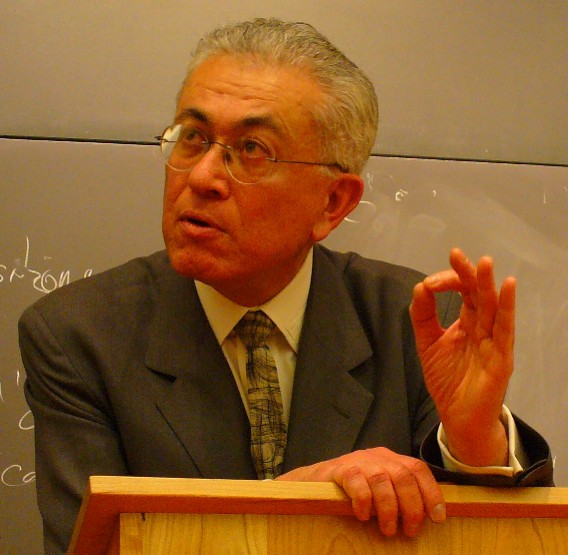Zdroj: The Self Awakened: Pragmatism Unbound (2007), p. 69
Roberto Mangabeira Unger: Citáty anglicky
Zdroj: The Critical Legal Studies Movementː Another Time, A Greater Task (2015), p. 15
Quoted in David Remnick, The Bridgeː The Life and Rise of Barack Obama (2010), p. 185
On Barack Obama
Zdroj: Law in Modern Societyː Toward a Criticism of Social Theory (1976), p. 242
Zdroj: The Self Awakened: Pragmatism Unbound (2007), p. 80
Zdroj: Plasticity Into Power: Comparative-Historical Studies on the Institutional Conditions of Economic and Military Success (1987), p. 12
Zdroj: Plasticity Into Power: Comparative-Historical Studies on the Institutional Conditions of Economic and Military Success (1987), p. 160
Zdroj: Social Theoryː Its Situation and Its Task (1987), p. 7
Zdroj: False Necessityː Anti-Necessitarian Social Theory in the Service of Radical Democracy (1987), p. 97
Zdroj: False Necessityː Anti-Necessitarian Social Theory in the Service of Radical Democracy (1987), p. 564
Zdroj: The Self Awakened: Pragmatism Unbound (2007), p. 123-4
Zdroj: Democracy Realizedː The Progressive Alternative (1998), p. 126
Quoted in David Remnick, The Bridgeː The Life and Rise of Barack Obama (2010), p. 185 (explaining the nature of Obama's participation in the two seminars that Obama took with Unger while studying at Harvard Law School)
On Barack Obama
Zdroj: The Self Awakened: Pragmatism Unbound (2007), p. 57
Zdroj: The Self Awakened: Pragmatism Unbound (2007), p. 70
Zdroj: The Religion of the Future (2014), p. 385
Zdroj: Plasticity Into Power: Comparative-Historical Studies on the Institutional Conditions of Economic and Military Success (1987), pp. 12-13
Zdroj: Plasticity Into Power: Comparative-Historical Studies on the Institutional Conditions of Economic and Military Success (1987), p. 12
Zdroj: Plasticity Into Power: Comparative-Historical Studies on the Institutional Conditions of Economic and Military Success (1987), pp. 169-170
Zdroj: Law in Modern Societyː Toward a Criticism of Social Theory (1976), p. 245
Zdroj: The Self Awakened: Pragmatism Unbound (2007), p. 27
Zdroj: False Necessityː Anti-Necessitarian Social Theory in the Service of Radical Democracy (1987), p. 361
Zdroj: Law in Modern Societyː Toward a Criticism of Social Theory (1976), p. 266-7
Zdroj: The Self Awakened: Pragmatism Unbound (2007), p. 143-4
Zdroj: The Religion of the Future (2014), p. 298-9
Zdroj: The Self Awakened: Pragmatism Unbound (2007), p. 134
Zdroj: False Necessityː Anti-Necessitarian Social Theory in the Service of Radical Democracy (1987), p. 500
